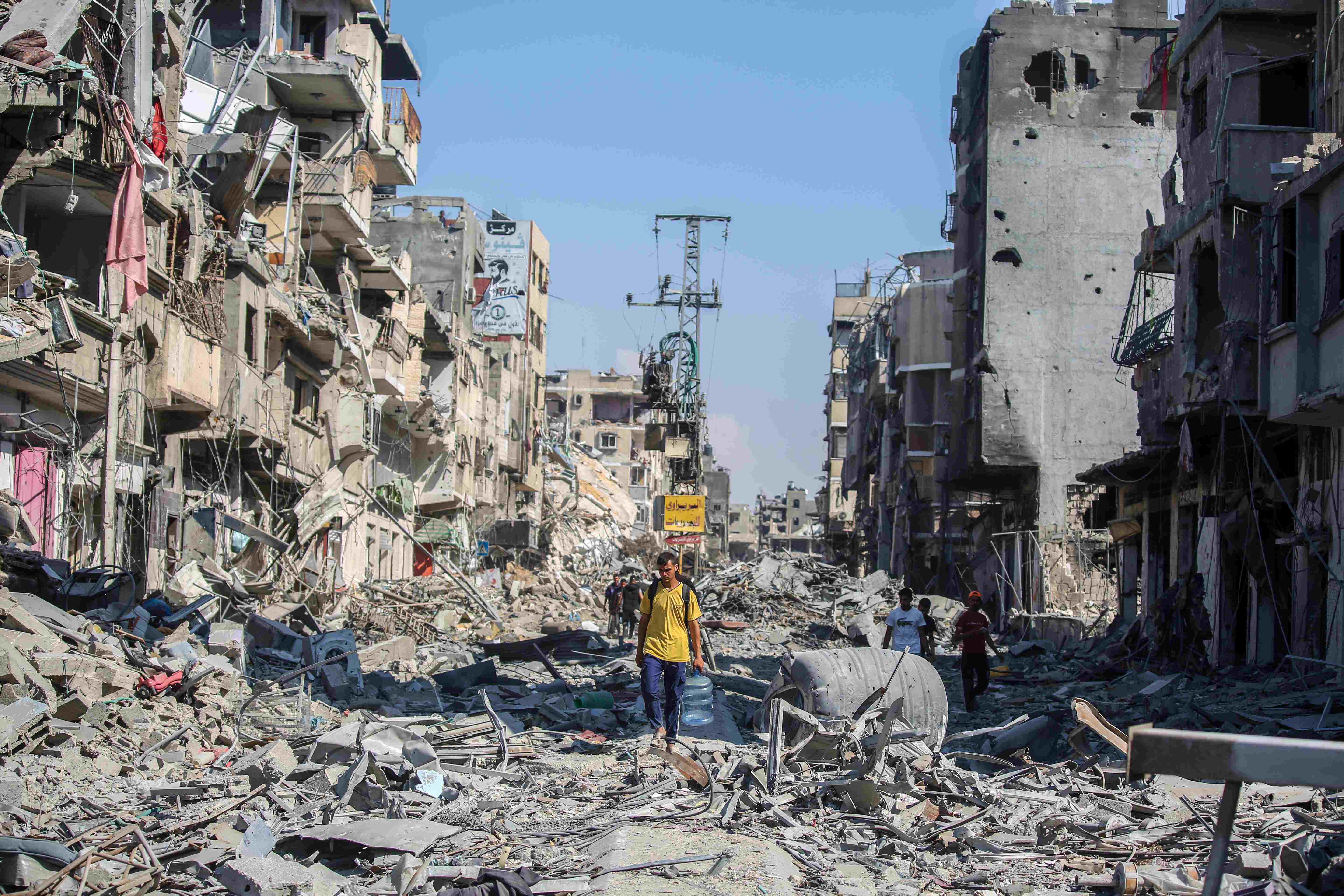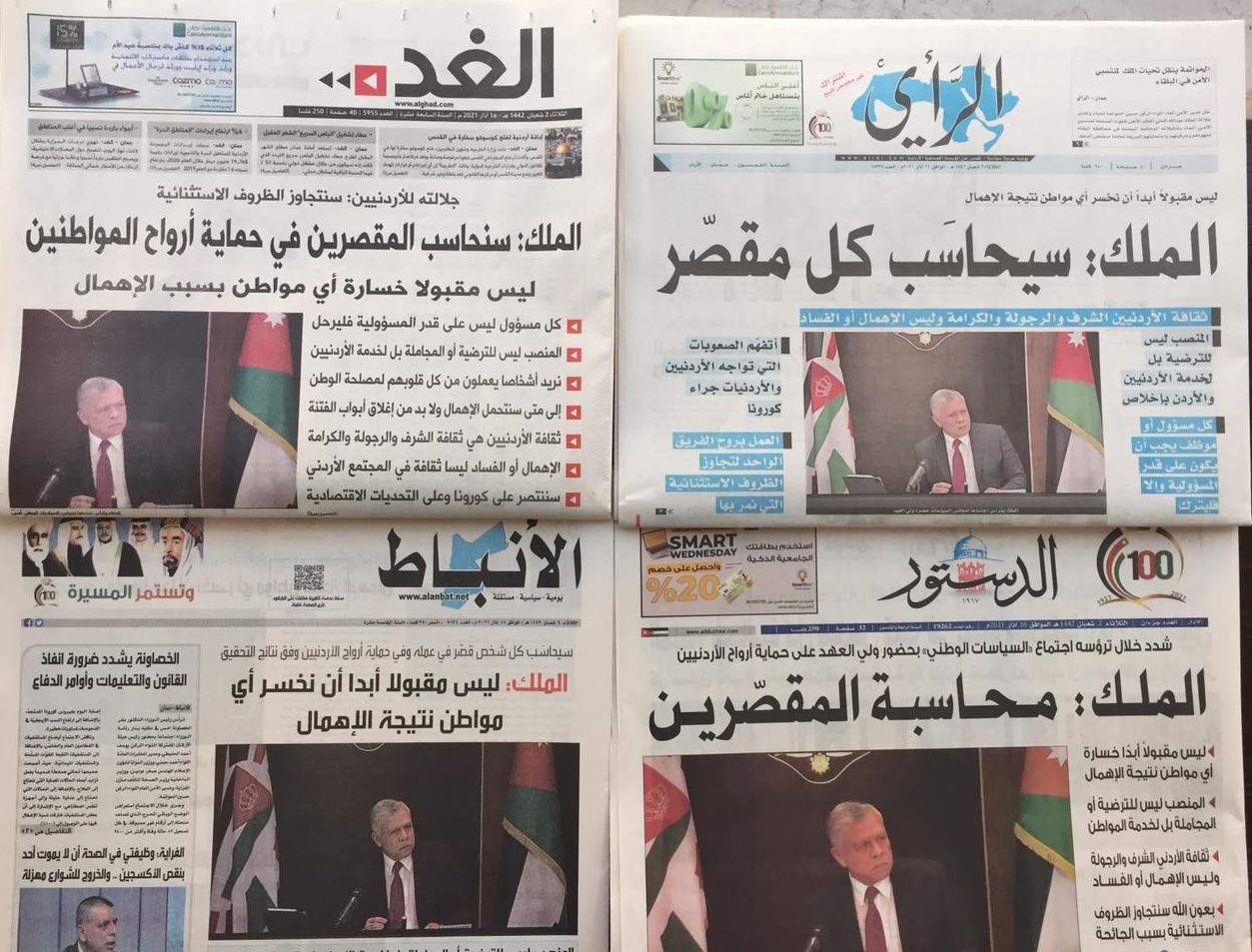Misinformation is rampant in modern conflicts, worsened by the internet and social media, where false news spreads easily. While news agencies aim to provide unbiased, fact-based reporting, their focus on brevity and hard facts often lacks the necessary context, leaving the public vulnerable to manipulation and unable to fully grasp the complexities of these issues.
The Rise of Misinformation in Modern Conflicts
Fake news is rampant nowadays. You find it everywhere, especially on the internet, which has become our natural environment—far more than any newsstand with old-fashioned printed papers or even TV screens. It becomes worse when you try to follow an armed conflict or a popular uprising—information is a weapon in any war, especially in wars with a big imbalance in weaponry or manpower, where international support becomes decisive. The best example, as always, is Palestine, arguably the most widely covered conflict with an overwhelming amount of information—and, of course, misinformation.
Reporting facts without context can leave readers with an incomplete understanding, especially in long-standing conflicts like Armenia-Azerbaijan or Palestine, where historical grievances feed an endless cycle of violence.
Misinformation comes in many forms, ranging from outright lies to the use of pictures taken from different conflicts or from the same conflict but at different times. Not every piece of fake news is created with ill intent in an office dedicated to spreading it (though those exist, too). It’s often just a result of confusion, fuelled by the lack of filters to catch mistakes, the absence of double-checking, the ease of getting a headline or picture seen by millions with a simple click, and the applause from those eager to believe something that fits their worldview.
Navigating the Jungle of Social Media
The internet, and specifically social networks like X, the former Twitter, are now jungles filled with traps and pitfalls where it is extremely easy to stumble into false news. What can be done? Journalists often claim they have the solution: stop reading Twitter and start reading newspapers.

Newspapers are staffed with professionals devoted to sifting through available information, discarding the doubtful, and publishing only what withstands reasonable checks. Mistakes happen, but they are not the rule. If you buy a newspaper, chances are what you read actually took place. But many newspapers have an ideological bias—and that’s not necessarily something to condemn. Since the first daily was founded, media have expressed political positions not only through editorials and opinion columns but also through the selection of news, their treatment, and their arrangement on the page. In heavily polarised environments, whether national elections or emotionally charged conflicts, even reputable media create information bubbles in which citizens receive only one kind of message, unaware that others see a different version of the truth.
This is often illustrated by a famous image that spread on social networks years ago. It showed an American soldier in Iraq pointing a gun at the head of a captured soldier. Another image showed the same prisoner, at the same moment, being given a bottle of water by another American soldier, with no gun in sight. The original image showed both soldiers, but the message changed completely depending on how it was cropped.

The Challenge of Providing Context
Cropping an image is a normal procedure in any newsroom and isn’t generally considered manipulation. Similarly, writing a news story involves selecting certain facts from an infinite number of events and discarding others. The journalist who does this “cropping” can sometimes turn a truth into a half-truth, and thus, into a fully-fledged lie.
Reuters avoids using the word "terrorist" unless quoting someone who uses the term. An agency journalist will tell you who shot or bombed whom, when, and where, and, hopefully, why, but never if it’s good or bad.
There is, however, one sector of journalism where this bias is minimised, or at least purports to be: news agencies. These agencies serve thousands of clients—newspapers, radio stations, TV networks, magazines, and more—worldwide and typically aim to avoid presenting a specific worldview. Agency news is usually short, to the point and focuses on hard facts, deliberately leaving out opinions or moral judgements. For example, Reuters avoids using the word "terrorist" unless quoting someone who uses the term. An agency journalist will tell you who shot or bombed whom, when, and where, and, hopefully, why, but never if it’s good or bad.
When reading agency news—which you often find in newspapers without realising it—you are generally on safer ground regarding bias and manipulation. However, that doesn’t mean you’re getting the full picture. The same act may be seen as morally reprehensible or worthy of praise, depending on the context, which is often missing. Reporting facts without context can leave readers with an incomplete understanding, especially in long-standing conflicts like Armenia-Azerbaijan or Palestine, where historical grievances feed an endless cycle of violence.
Most journalists understand these limitations but aren't happy about them, as noted by Andres Mourenza, a Spanish correspondent in Turkey who has worked for both agencies and dailies. The ability to provide context is greater in newspaper writing, particularly in online editions with no strict word limits. Yet, newspapers may not cover a conflict daily, whereas agencies constantly send out updates that, together, could offer a more comprehensive picture—though much of this work often gets lost in the flood of news.
We are building a society that is informed about everything but understands nothing—a society easily swayed by powerful ideological machines. This awareness drives many correspondents to write books after years of short, daily reporting, finally telling readers what is really happening.
Conclusion: The Struggle for Understanding
Unfortunately, the quantity of news cannot substitute for quality, and quality is often limited by space. The bottom line is that agency journalists churn out headlines that shape world opinion without the necessary context to understand them. The facts we publish—true as they are—are often filtered through the manipulative discourses of politicians, TV pundits, and social media influencers, feeding a vast structure of lies.
We are building a society that is informed about everything but understands nothing—a society easily swayed by powerful ideological machines. This awareness drives many correspondents to write books after years of short, daily reporting, finally telling readers what is really happening. But how many people read books?
I'm sorry, dear reader: I see the problem, but not the solution.


















































